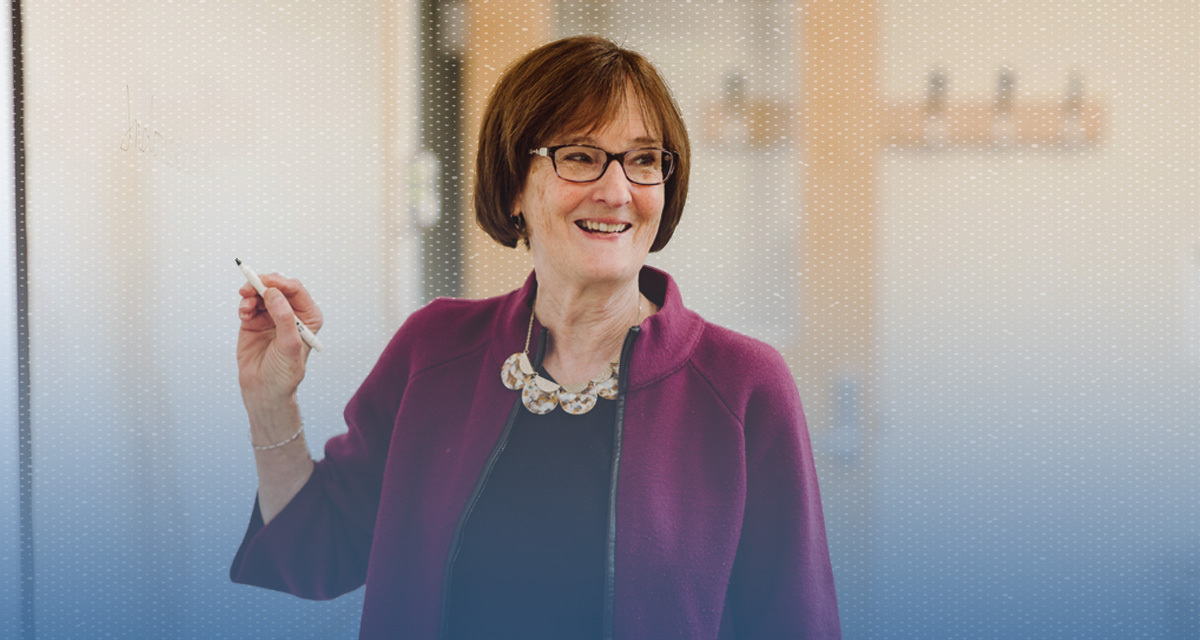Kaye Cook Awarded $275,000 Grant for Divine Forgiveness Research
The concept of forgiveness permeates religions worldwide, but the introspective nature of the experience makes it difficult to study. Kaye Cook (psychology) seeks to change that. Earlier this month she was awarded a $275,000 Templeton subgrant through Frank Fincham of the Florida State University Research Center to study experiences of divine forgiveness using diverse methods and in diverse countries. Christianity is the most common religion in the world, and thus the grant focuses on experiences of divine forgiveness for Christians, using interviews and surveys.
“Divine forgiveness is perceived as divine absolution for wrongdoing expressed in changed cognition, affect or behavior,” says Cook. For Christians divine absolution comes from God, but we frame the experience in culturally distinctive terms. To make sense of how a core tenet of faith is experienced within culture, Cook is seeking to understand divine forgiveness among Christians through three unique studies.
The first study uses interviews to describe the nature and process of divine forgiveness across participants in 10 countries, some of whom have recently committed a violation for which they seek forgiveness. The second study collects survey data from participants in six countries on self and interpersonal forgiveness in order to develop a divine forgiveness scale. The third study focuses on the United States and members of three denominations that differ in their expectations of participating in corporate forgiveness, with the goal of understanding how the act of corporate confession changes one’s experience of divine forgiveness.
Slated to take two and a half years, this project is the first of its kind to measure experiences of divine forgiveness cross-culturally. “As the first multicultural project on divine forgiveness, the findings will enrich the empirical literature on divine forgiveness and provide a strong foundation for subsequent theory, research and practice dedicated to understanding experiences of divine forgiveness and supporting individuals who desire to experience it.”
The introspective nature of this study relies on coding more than a hundred interviews and analyzing thousands of self-reported data points. “I use student coders,” she says, “because student-faculty collaboration is core to the Gordon learning experience and because undergraduates, when nurtured, are capable of surprisingly high-level academic work.”
After the study concludes Cook and her co-principal investigator, Richard Cowden of the Institute for Quantitative Social Science at Harvard University, will run two post-study workshops intended to spread the potential benefits of the research, as well as identify barriers to the experience of divine forgiveness. One workshop will consist of the original project participants and others with a focus on identifying the barriers to divine forgiveness for those who did not feel divinely forgiven. The second workshop will be focused on assisting church leaders to understand and apply the ideas to counseling and ministry and in their own church community. For Cook, the aspiration to understand divine forgiveness is fueled by seeing the potential for better psychological and spiritual outcomes for Christians, the effects of which are life-changing.
 The Bell
The Bell